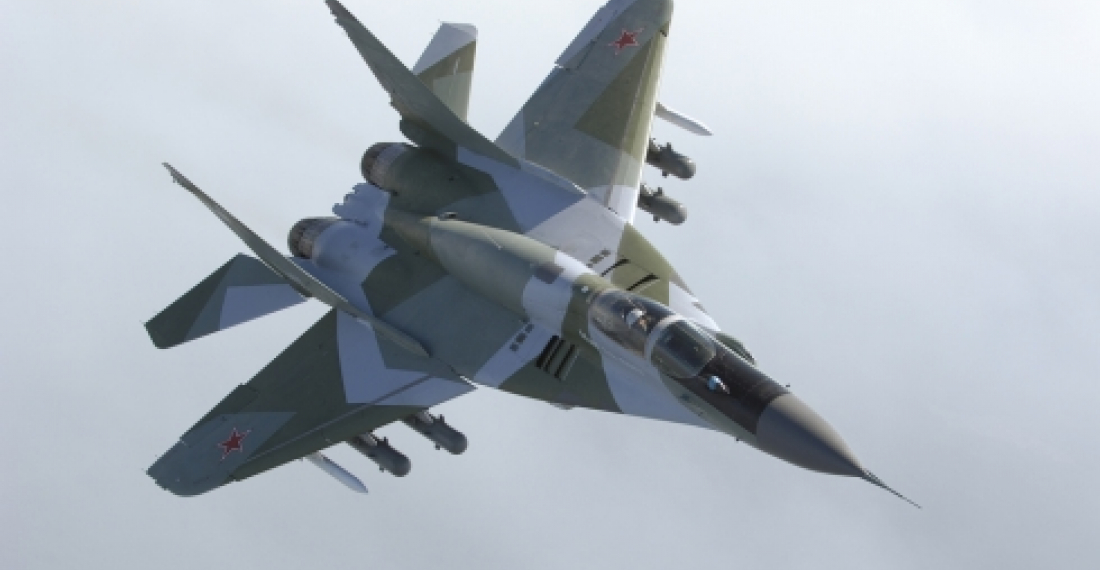According to the press service of the Russian Southern Military District, a new group of MiG-29 and MiG-29S fighter jets as well as a Mi-8MT military transport helicopter have been deployed to the Russian Erebuni airbase in Armenia.
"The first flights of newly-arrived MiG-29s are expected to begin in mid-March," the statement said.
Considering the deteriorating relations between Turkey and Russia, as well as the unresolved Nagorno-Karabakh conflict, such steps are likely indicate increased risks in the region, which is threatening the fragile peace.
French President Francois Hollande on Friday said Ankara's escalating involvement in the Syrian conflict was creating a risk of war between Turkey and Russia.
"Turkey is involved in Syria... There, there is a risk of war," Hollande told France Inter radio. "That is why the (UN) Security Council is meeting," he added.
source: commonspace.eu with agencies
photo: MIG-29 Russian fighter jet






